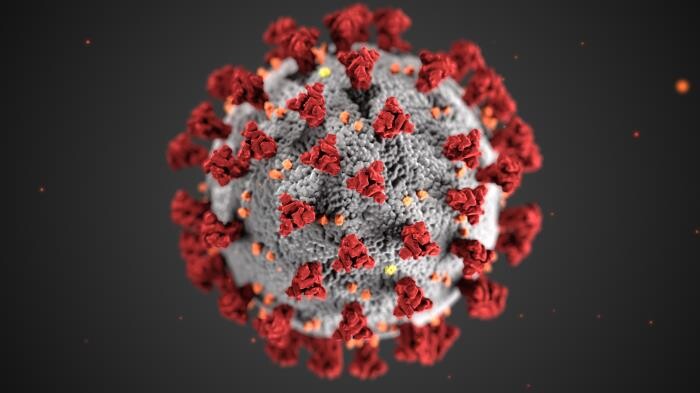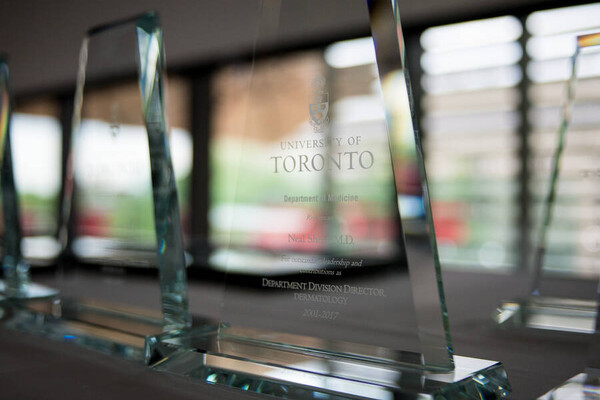Main Second Level Navigation
Apr 1, 2020
Chair's Column: On the Front Line: Responding to the COVID-19 Pandemic
About Us, Cardiology, Clinical Immunology & Allergy, Clinical Pharmacology & Toxicology, Division of Dermatology, Education, Emergency Medicine, Endocrinology & Metabolism, Faculty, Gastroenterology & Hepatology, General Internal Medicine, Geriatric Medicine, Hematology, Infectious Diseases, Medical Oncology, Nephrology, Neurology, Occupational Medicine, Palliative Medicine, Physical Medicine & Rehabilitation, Quality & Innovation, Research, Respirology, Rheumatology


 This is an unprecedented time. Together, we are part of history in the making. For most of us, the COVID-19 pandemic will be the greatest acute public health crisis we will ever experience. Each and every day poses new and unique challenges that keep us on our toes. As the situation evolves, we must continually adjust our processes, policies and even perspectives to ensure we are able to meet the increasing COVID-related clinical demands, while at the same time not lose sight of the health and well-being of those on the front line. There is little differentiation between night and day, weekday and weekend. Cell phones are glued to our hands waiting for ‘the call.’ This is truly an extraordinary time.
This is an unprecedented time. Together, we are part of history in the making. For most of us, the COVID-19 pandemic will be the greatest acute public health crisis we will ever experience. Each and every day poses new and unique challenges that keep us on our toes. As the situation evolves, we must continually adjust our processes, policies and even perspectives to ensure we are able to meet the increasing COVID-related clinical demands, while at the same time not lose sight of the health and well-being of those on the front line. There is little differentiation between night and day, weekday and weekend. Cell phones are glued to our hands waiting for ‘the call.’ This is truly an extraordinary time.